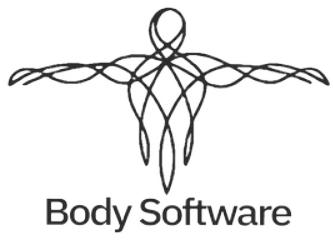While we often associate cognitive function with mental exercises and brain games, the role of nutrition, specifically essential minerals, in supporting our mental faculties is equally profound. In this exploration, we'll delve into the vital connection between essential minerals and cognitive function, highlighting how the right nutrients can play a key role in nourishing the mind.
Essential Minerals: The Building Blocks for Brain Health: Our brain is a marvel of complexity, and to function optimally, it requires an array of essential minerals. These micronutrients serve as the building blocks for various processes that contribute to cognitive function, including neurotransmitter synthesis, nerve transmission, and energy production.
Magnesium: The Relaxation Mineral: Magnesium, often referred to as the relaxation mineral, plays a pivotal role in cognitive health. It acts as a cofactor in over 300 enzymatic reactions, influencing neurotransmitter release and contributing to the regulation of stress hormones. Adequate magnesium intake has been linked to improved cognitive performance and a reduced risk of age-related cognitive decline.
Zinc: Essential for Learning and Memory: Zinc is another essential mineral that plays a crucial role in cognitive function. It is involved in the regulation of synaptic transmission, which is essential for learning and memory processes. Research suggests that zinc deficiency may impair cognitive function, making it a key player in maintaining a sharp mind.
Iron: Oxygenating the Brain: Iron is essential for transporting oxygen to the brain. It forms a part of hemoglobin, the molecule responsible for carrying oxygen in the blood. A well-oxygenated brain is crucial for cognitive processes, including concentration and memory.
Calcium: Nerve Transmission and Cognitive Support: Calcium is not only vital for bone health but also plays a role in nerve transmission. Proper nerve function is essential for cognitive processes, and calcium ensures that signals are transmitted effectively between neurons, contributing to overall cognitive support.
Omega-3 Fatty Acids: Brain Boosters: While not minerals, omega-3 fatty acids deserve a mention for their profound impact on cognitive function. Found in fatty fish, flaxseeds, and walnuts, these essential fatty acids are crucial for brain structure and function. They have been linked to improved memory and a reduced risk of cognitive decline.
Balancing Act: The Importance of a Nutrient-Rich Diet: Achieving optimal cognitive function requires a balanced intake of essential minerals and nutrients. A diet rich in fruits, vegetables, whole grains, lean proteins, and healthy fats can provide the diverse array of nutrients needed for a healthy brain.
As we unravel the intricate connection between essential minerals and cognitive function, it becomes evident that nourishing the mind goes beyond mental exercises. A well-balanced diet, rich in essential minerals, contributes to optimal brain health, supporting learning, memory, and overall cognitive function.
Explore more about the role of nutrition in cognitive health and discover ways to enhance your mental well-being. Subscribe to our blog for regular updates on holistic approaches to health and well-being.
This blog post is for informational purposes and should not replace professional medical advice. Always consult with a healthcare professional for personalized guidance on your health and nutrition.

